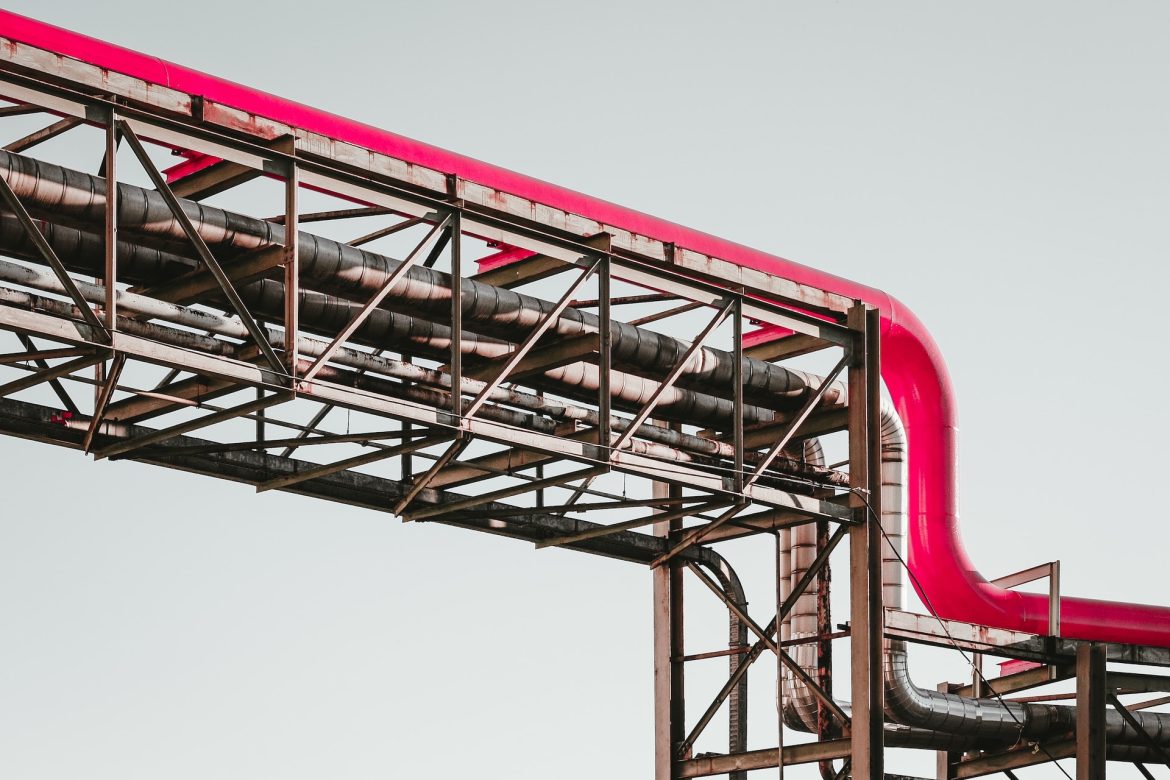As the European energy landscape evolves, Algeria is emerging as a dominant force in the gas export arena. Harnessing its vast 159 trillion cubic feet of natural gas reserves, the North African giant is proactively pushing its development and monetization agenda, eyeing substantial GDP growth and broader economic stimulation.
A significant gap has emerged in Europe due to the decline of Russian gas imports. Seizing this opportunity, Algeria has fortified its trade relations with numerous global markets, making the most of its strategic pipeline infrastructures. Here’s a glimpse into the top European recipients of Algerian gas in 2023:
1. Italy: Via the Trans-Mediterranean (TransMed) Pipeline, Italy, under its long-term contracts, has clinched the position of Algeria’s foremost gas market. The European Union’s earlier ban on Russian fuel imports this year only amplified Algeria’s role. By April, the energy exchange at the Mazara del Vallo entry point hit 65.8 million cubic meters daily. Furthermore, 2022 saw Algeria pump 22.4 bcm of gas into Italy, marking a rise from 2021’s 20 bcm. Collaborative ventures between Italy’s Eni and Algeria’s Sonatrach are set to bolster this alliance further.
2. Spain: A historically anchored relationship with Algeria has made Spain one of the primary consumers of Algerian pipeline gas, facilitated through the Maghreb-Europe Gas Pipeline. The Russia-Ukraine conflict’s ripple effects have only tightened Spain’s dependency, leading to Algerian imports accounting for a quarter of Spain’s gas needs in 2022.
3. France: With the Medgaz Pipeline at its helm, Algeria has been channeling up to 9% of France’s total gas requirements. A pivotal negotiation in August 2022, steered by French President Emmanuel Macron, is expected to elevate Algerian gas inflows by half.
4. Tunisia: The Trans-Tunisian Gas Pipeline has been a lifeline for Tunisia, traditionally marking it as a top recipient of Algerian gas. A 2022 pact between Sonatrach and Tunisia’s STEG is slated to heighten this trade by a fifth by 2025, addressing Tunisia’s surging energy demands.
5. Rest of Europe: Beyond these main markets, other European nations, including the likes of Portugal and Austria, are increasingly leaning on Algerian gas. Algeria’s contribution now stands at a whopping 10% of Europe’s total gas storage, a vital aspect as the continent braces for the winter season of 2023.
In conclusion, Algeria’s proactive approach to harness its gas wealth and cater to Europe’s energy needs not only establishes its dominance in the energy sector but also reiterates the significance of strategic international collaborations in today’s interconnected global economy.



